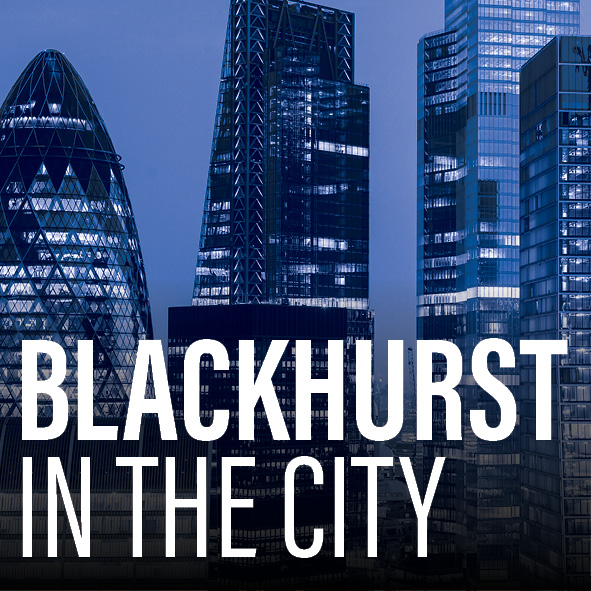
Amid fanfare, Rachel Reeves, the UK's shadow chancellor, this week promised that Labour will abolish the non-dom tax scheme that allows wealthy folk to live in the UK and not pay tax on their overseas income.
It is, of course, the ruse that Rishi Sunak’s wife used to save a tax bill of £20 million. Reeves explained it “simply isn’t right that those at the top can benefit from outdated non-dom tax perks while ordinary people struggle with tax rises and the cost-of-living crisis”.
Labour, she declared, was sending “a clear message” to the global super-rich: “If you make your home in Britain you should pay tax here — on all of your income.”
Anyone might suppose this is new. But the then Labour leader, Ed Miliband, in a speech at Warwick University, during the 2015 general election campaign, similarly attacked the non-dom rule, which is unique to the UK, saying it was born of a belief that “anything goes for those at the top and that what is good for the rich is always good for Britain”.
“There are people who live here in Britain like you and me, work here in Britain like you and me, are permanently settled here in Britain like you and me, but aren’t required to pay taxes like you and me because they take advantage of what has become an increasingly arcane 200-year-old loophole,” Miliband said.
“There are now 116,000 non-doms, costing hundreds of millions of pounds to our country. It can no longer be justified, and it makes Britain an offshore tax haven for a few.”
Non-doms, or to give them their full title, non-domiciles, pay UK income tax and capital gains tax on their UK income and gains, and whatever income generated overseas they choose to remit to the UK.
In comparison, UK domiciles must pay tax on all their income and gains, wherever in the world they originate — Britain or overseas.
It’s a system that is wide open to abuse. Those who have lived abroad and return to the UK can claim they in effect do not belong, they’re a non-dom, simply because they own a burial plot abroad, a foreign bank account, or their father was born overseas. Even a subscription to a foreign newspaper is enough to show their allegiance lies elsewhere and gain the coveted exemption.

Former HSBC chief executive Stuart Gulliver was revealed in 2015 as being able to claim he was a non-dom because he previously worked in Hong Kong, even though he was born and raised in Britain, had worked in the UK for the past 12 years and sent his children to school in the UK.
Faced with cases like his, the Tories increased the annual fees on those who are granted non-dom entitlement. This was not enough for Labour, which said it would go further and scrap the privilege entirely.
Suddenly, in the white heat of the election battle, the Tories were exposed as the party that favoured the wealthy over ordinary people.
Then, a tape turned up of Ed Balls, shadow chancellor at the time, saying: “If you abolish the whole status it will end up costing Britain money because some people will leave the country.”
Labour’s policy did not look so black-and-white after all; the Tories could relax.
Indeed, back then, Labour stressed that foreigners in the UK for a temporary short period would be able to claim they were non-dom.
Cut to Reeves this week. Having pledged Labour would end non-dom status — introduced under King George III in 1799 when Britain was fighting France — she said it would be replaced by a modern scheme for people who are “genuinely living in the UK for short periods to allow us to continue to attract top international talent”. So not quite abolished after all, then.
The problem is that the logic of an inducement to people who might live, invest and create jobs in the UK is hard to fault. The difficulty is that what should amount to a few thousand genuine cases at most now comes in at more than 100,000. That’s exploitative and should be ended. But where does the fault lie? As Miliband stated: “I don’t blame people for taking advantage of non-dom status. I blame governments for fostering a system that can be taken advantage of.”
Yes, but what is the alternative? Labour said it would consult widely on how its new “temporary resident tax regime” would work but that any tax advantages would be likely to expire after five years, compared with up to 15 years under the current system.
In other words, as with Miliband and Balls, scrapping the benefit sounds good on paper, attracts the right headlines and is broadly appealing, but someone with an eye on the financial implications — and this in a fierce globally competitive environment, don’t forget, in which all countries are seeking investors — has a word in the ear to point out there is a practical downside.
Labour will make huge claims about being the party that stands for the little man, the one that terminated non-doms. But it’s also the one introducing the concept of temporary residents.
Where enticing overseas investors in a crowded international marketplace is concerned, saying is one thing, doing it is quite another.













